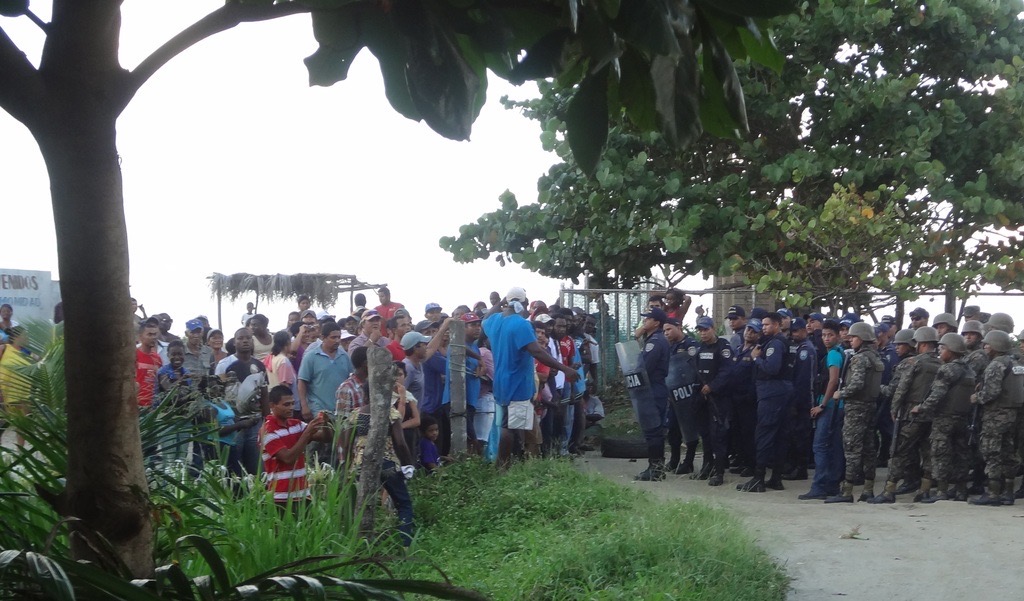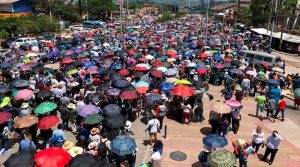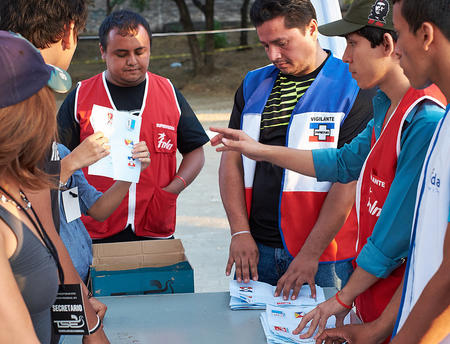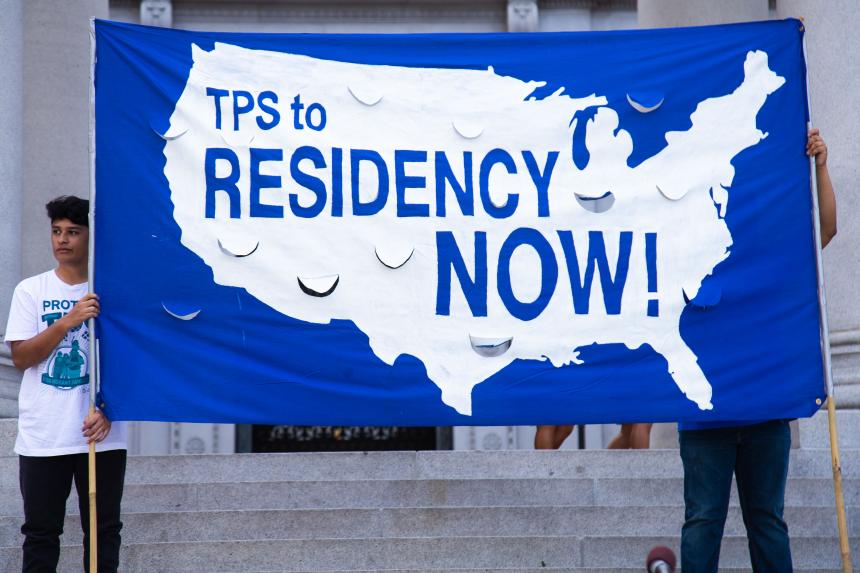IMMIGRANT SERVICES ASSISTANT JOB DESCRIPTION September 2024 OVERVIEW OF THE CHICAGO RELIGIOUS LEADERSHIP NETWORK ON LATIN AMERICA:
The Chicago Religious Leadership Network on Latin America (CRLN) builds partnerships among social movements and organized communities within and between the U.S. and Latin America. We work together through popular education, grassroots organizing, public policy advocacy, and direct action to dismantle U.S. militarism, neoliberal economic and immigration policy, and other forms of state and institutional violence. We are united by our liberating faiths and inspired by the power of people to organize and to find allies to work for sustainable economies, just relationships and human dignity. POSITION DESCRIPTION:
The Immigrant Services Assistant will support and coach individuals in their journey to find employment and, if needed, assist with accessing essential services by providing guidance and resources. This role prioritizes job readiness and applying for employment, developing individualized plans, and conducting weekly check-ins. At times, the work may include helping participants understand their rights and responsibilities and connecting them with related opportunities. The position requires strong interpersonal skills, a passion for serving immigrant communities, and the ability to adapt to various tasks and environments.
- Type of Position: In person, part-time, minimum of 10 hours a week for a minimum of 2 months
- Salary: $20 per hour
- Supervision: Reports to the Co-Directors
- Start Date: As soon as possible
- Interviews Start: As soon as possible
KEY RESPONSIBILITIES:
- Provide guidance on job readiness and applying for employment.
- Develop individualized plans to help participants achieve their employment goals.
- Conduct weekly check-ins to track progress.
- Connect participants with job opportunities and community resources when needed.
- Document work, communication, and participant progress.
- Communicate and collaborate with team members to address sensitive matters effectively.
- Maintain accurate documentation, communication, and data management of work and participants’ progress.
SKILS AND QUALIFICATIONS:
- Basic knowledge of current immigrant rights and related contexts.
- Strong interpersonal and communication skills.
- Proficiency in basic computer skills and data entry.
- A valid driver’s license and access to a car is preferred.
PHYSICAL DEMANDS:
- Ability to lift up to 25 pounds occasionally and up to 10 pounds frequently.
- Navigate a multilevel building, including areas accessible by stairs.
- Engage in frequent verbal communication and operate office equipment.
HOW TO APPLY:
Applicants should submit a resume and cover letter. Include answers to the following in your cover letter:
- What motivates you to work at CRLN and take on the Immigrant Services Assistant role?
- Share an example of a time when you supported an individual or group, your role, and the outcomes.
- How would you support CRLN’s work and ensure alignment with its mission?
Please send all materials in PDF format to jobs.crln@gmail.com with “CRLN IMMIGRANT SERVICES” in the subject line. CRLN is an equal opportunity employer, dedicated to a policy of nondiscrimination in employment on any basis, including race, creed, color, age, sex, religion, sexual orientation, gender identity, ability, or national origin. We are committed to fostering an inclusive and equitable workplace. Black, Indigenous, People of Color, and women are highly encouraged to apply, as we believe diverse perspectives and experiences are essential to achieving our mission of social justice and human rights.








